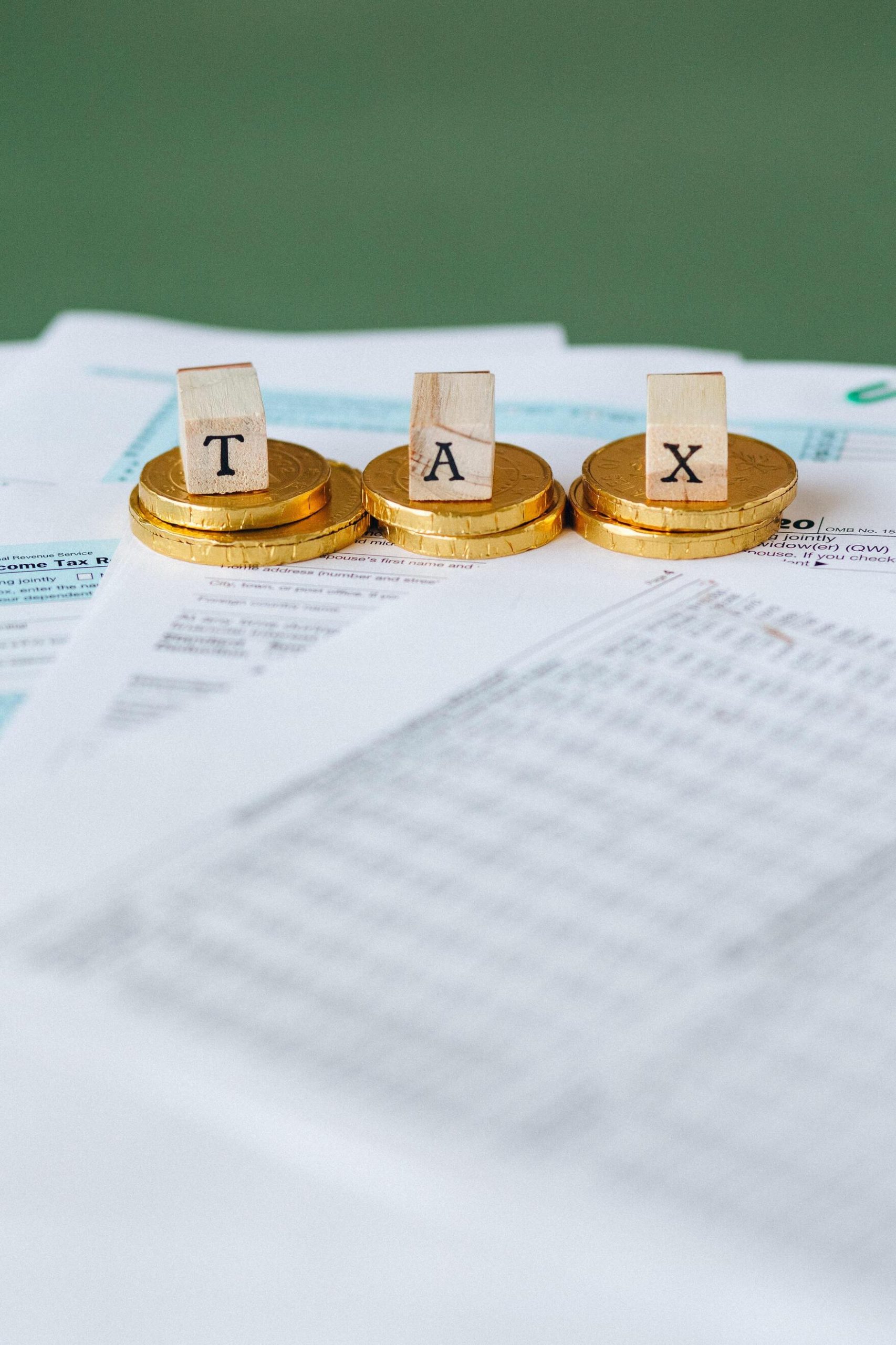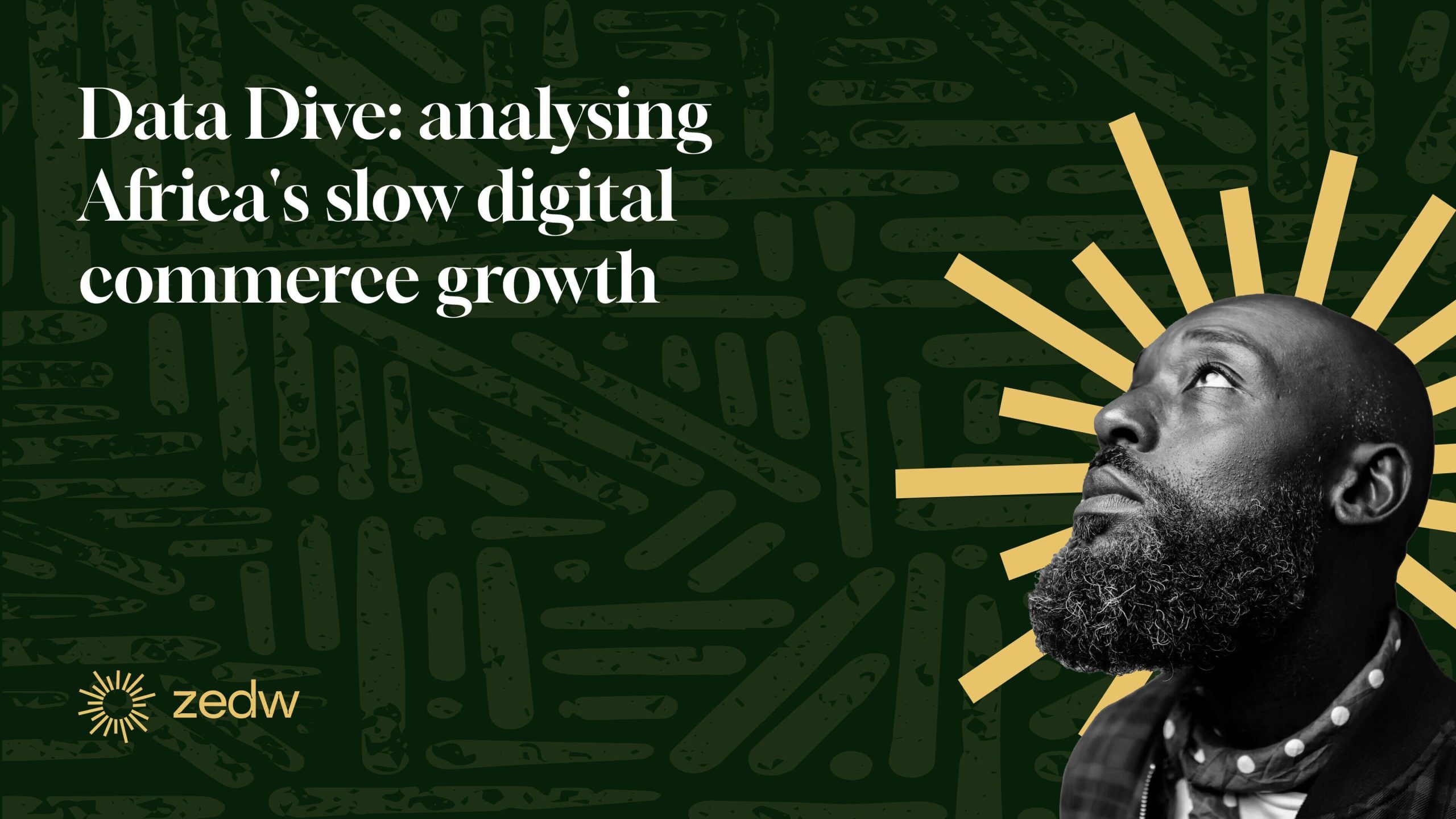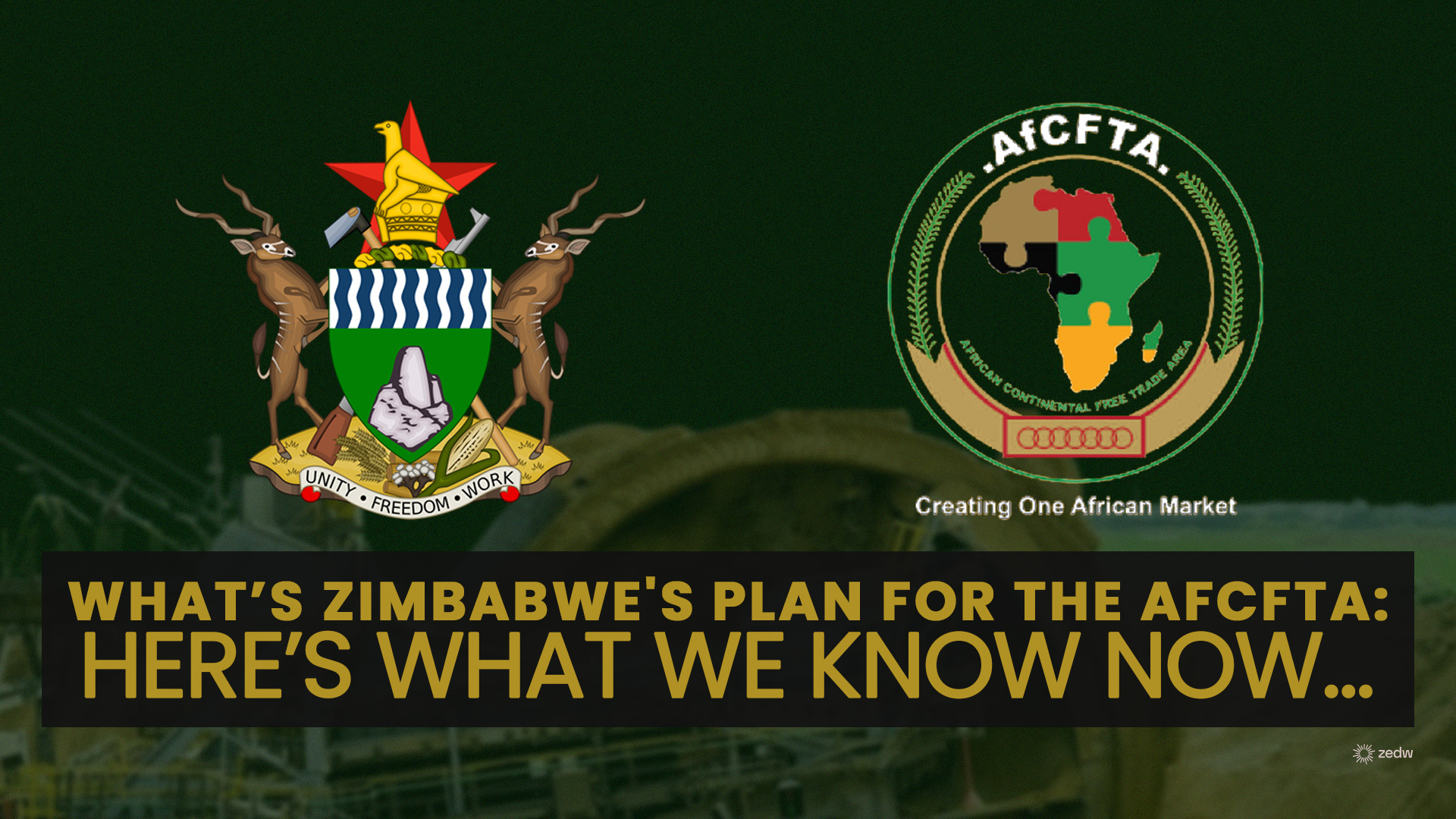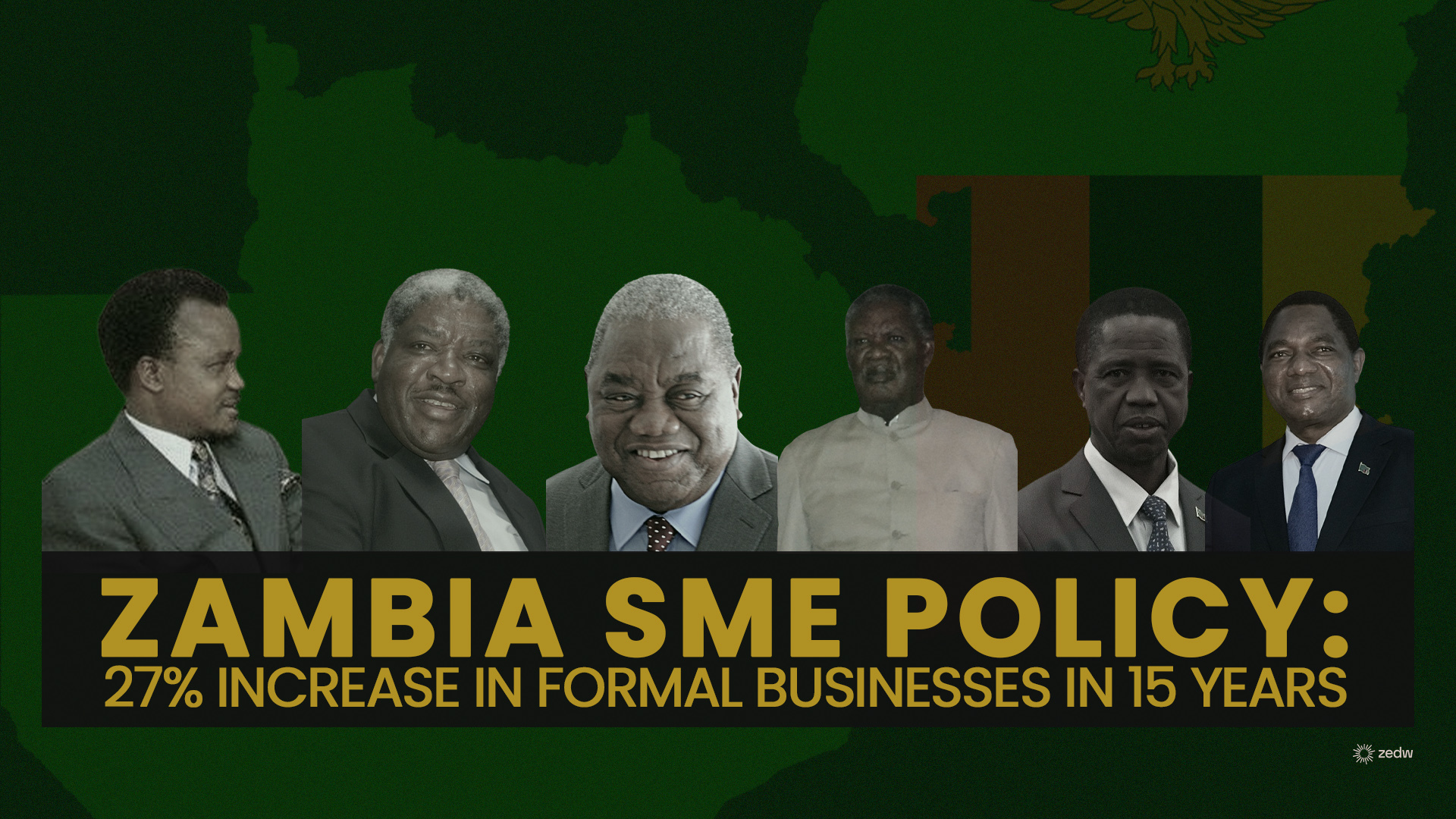The Zimbabwean Government’s penchant for taxation, cumbersome company registration processes and policy inconsistency has given rise to the informalisation of businesses, particularly SMEs.
Take for example in the 2024 budget strategy paper, published in August 2023, the Zimbabwean government is expecting to foot the country’s monetary needs by further taxing businesses and individuals. It sounds unimaginable that 95 per cent of the country’s revenue is expected to come from taxes.
The government says in 2024, total revenue collections are projected at 19.2% of GDP broken down as tax receipts accounting for 95% of total revenue and non-tax revenue contributing the balance of 5%.
With Professor Mthuli Ncube having been reinstated as Minister of Finance and Economic Development, we are likely not to see any policy shift with regard to taxation. However, this tax regime is prohibitive of growth and suppresses the development of SMEs and entrepreneurship and one can only hope for a review in the coming years.
Zimbabwe has become a haven of informal businesses operated by the majority that have either failed to get employment in the formal sector or individuals who need the business to supplement their monthly incomes.
The 2022 Labour Force Survey published by the Zimbabwe National Statistics Agency (Zimstat) points out that 3,3 million people are employed locally, pointing that over 2,8 million Zimbabweans derive their living from the informal sector as opposed to 495,000 in formal employment.
According to World Economics 2023 statistics, Zimbabwe’s informal economy is estimated to be 64.1%, which represents approximately $42 billion at GDP PPP levels.
Commenting in a recent interview, Zimbabwe Investment and Development Agency chairperson Busisa Moyo said there was a need to lower the cost of entry, and business set-up to encourage formal entrepreneurship that is scalable. He said the government needed to offer incentives that encouraged informal business owners to register their business.
“Felt improvement to access micro financing, business angel finance and bank loan finance are good incentives to grow volume and lower price and cost. I also believe lower taxes can also grow the number (volume) of formal local company incorporations,”
Busisa Moyo
The burden of taxation has been an issue over the years and lobby groups have tried to negotiate for tax relief in order for businesses to thrive, particularly SMEs.
The tax system has been criticized for being complex, with multiple taxes and levies that are difficult to understand and comply with. This has led to a high level of informality in the SME sector, as many businesses try to avoid the tax burden.
Cover Image Credit: Nataliya Vaitkevich (via Pexels)








